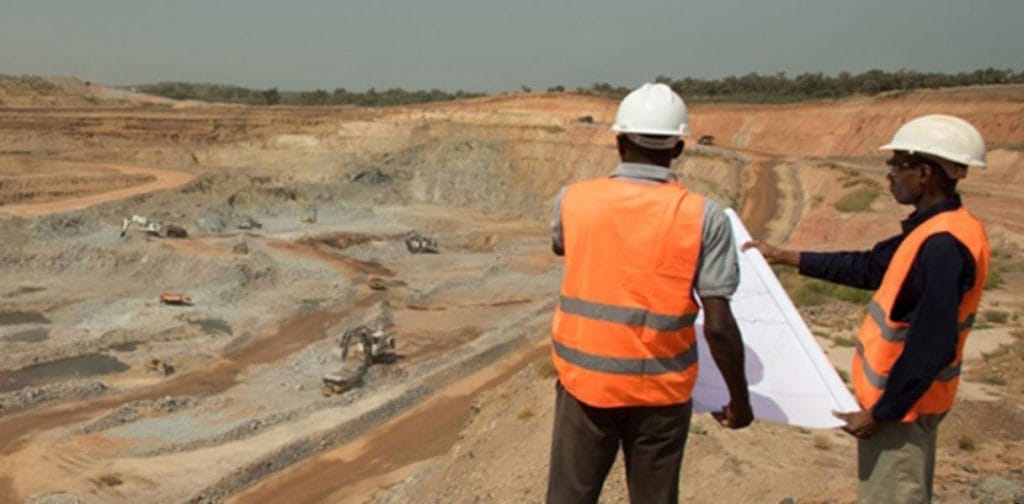Malian President Assimi Goita on Monday presided over the groundbreaking ceremony for a new gold refinery in a suburb of Bamako, marking a major step toward increasing national control over one of the country’s most vital economic sectors.
Planned to span five hectares, the facility is designed to handle the refining of up to 200 tonnes of gold annually once fully operational within two years. Although authorities have not revealed the project’s total cost, the scale and ambition of the refinery underscore Mali’s strategic shift toward domestic gold processing.
Until now, Mali, Africa’s fourth-largest gold producer, has exported nearly all of its raw gold to be refined abroad in countries such as the United Arab Emirates, South Africa, and Switzerland. The new refinery aims to change that by localizing the entire refining process, allowing the country to retain more economic value from its mineral wealth.
The refinery will be managed by SOROMA-SA, Mali’s national gold refining company, which has entered a joint venture with Russia’s Yadran Group. Under the agreement, the Malian government will hold a controlling interest of 62 percent, ensuring majority ownership remains with the state.
Speaking at the ceremony, President Goita emphasized that the refinery symbolizes a broader push for economic independence. “This refinery is more than a production facility—it’s a pillar of our economic sovereignty,” he said. “It strengthens our capacity to monitor and trace the entire gold production chain, while also allowing us to better harness the revenues from gold and its by-products.”
Goita also confirmed that once operational, the refinery would serve as the sole refining hub for gold produced by all mining companies in Mali. This centralized model, he said, is expected to stimulate the economy by creating a range of employment opportunities, particularly for young Malians.
In his remarks, Goita also acknowledged the deepening partnership between Mali and Russia. “The continued cooperation between Mali and the Russian Federation is bearing fruit, and this project is a testament to that partnership,” he added.
Irek Salikhov, chairman of the board of the Yadran Group, praised Mali’s commitment to the initiative. “I extend my sincere thanks to the President and the Malian government for their unwavering support. This project is not only critical for Mali but represents a turning point for economic development across the Sahel region,” he stated.
The launch of the refinery aligns with a broader package of reforms Mali has introduced to maximize national benefit from its mineral resources. Since 2023, the country has adopted a new mining code allowing the state to acquire up to a 30 percent stake in mining ventures. Additionally, new regulations require foreign companies to open at least 5 percent of their equity to Malian shareholders, further embedding local participation in the mining industry.
In 2024, Mali officially recorded gold production at 51 tonnes. With the new refinery and regulatory reforms in place, the government is aiming not only to increase this output but also to ensure that a greater share of the profits remains within the country.



